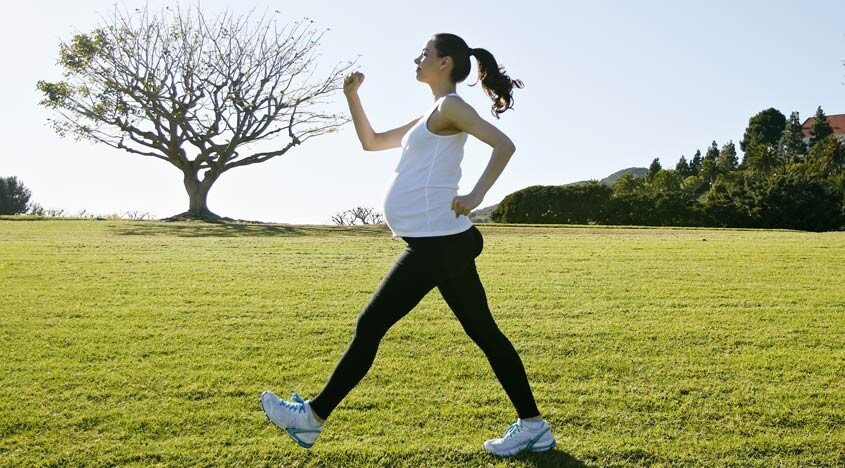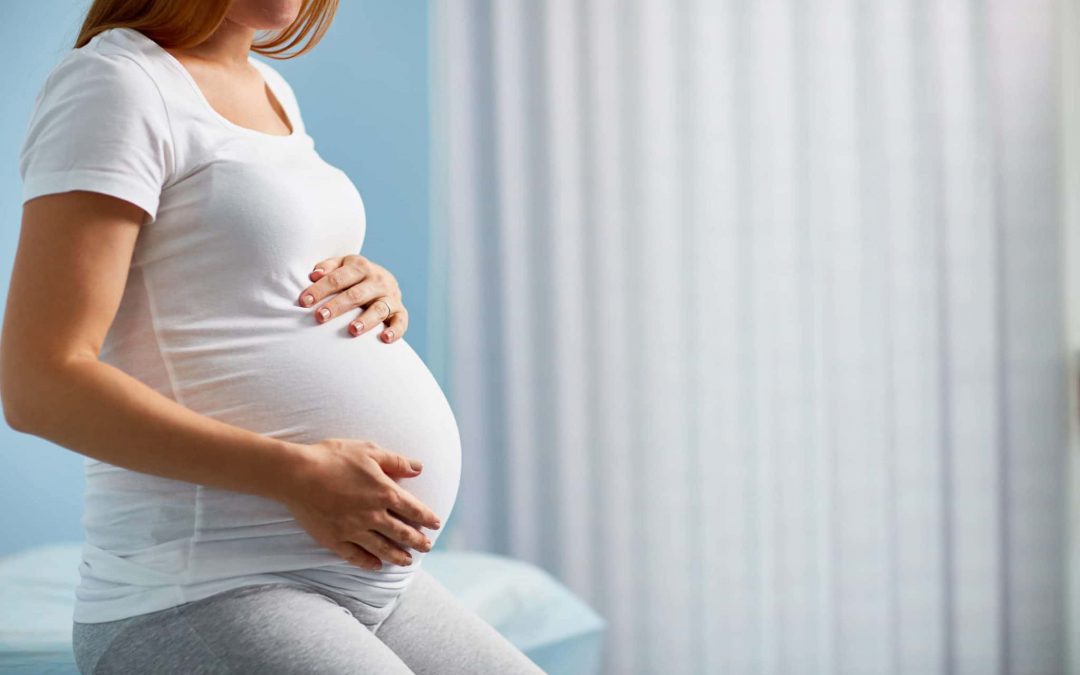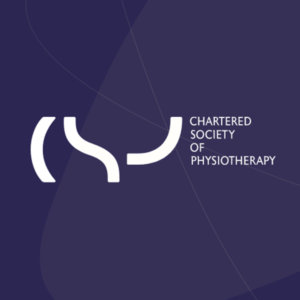Now, unless you have been living under a rock for the past 30 years, it will come as no surprise to you that exercise is very good for us. In fact, the World Health Organisation (WHO) recommends that adults should be participating in at least 150 minutes of moderate intensity or 75 minutes of vigorous intensity physical activity per week or a combination of both. Aerobic bouts of exercise should last for at least 10 minutes (WHO 2019) – and for pregnant ladies, there is no difference.
In fact, in the USA studies have shown that the rise of BMI (Body Mass Index) in the last 30 years is partly responsible for the increased prevalence of gestational diabetes amongst pregnant women (Lavery et al. 2017).
Understandably, a lot of women tend to back off exercise when they have a newborn growing inside of them (Ekelin et al. 2018). This is likely due to various reasons from: feelings of inadequacy; lack of time; lack of support; too busy; or prioritising focusing on the baby rather than themselves (Ekelin et al. 2018) and even concerns about its safety (Coll et al. 2017).
However, these safety concerns have not been substantiated by the literature, and if anything, exercise is seen now as a therapeutic measure to reduce pregnancy complications and optimise maternal-fetal health (Ferraro et al. 2012).
The multiple health benefits of exercising during pregnancy are well documented for both mother and baby with a reduced risk of: gestational diabetes; gestational hypertension; pre-eclampsia; caesarean section; depressive symptoms; total weight gain; pelvic girdle pain; low back pain and improved blood glucose levels (Davenport et al. 2018; Mottola et al. 2019; Gjestland et al. 2013).
It has been shown that adhering to 140 minutes of moderate intensity exercise per week (brisk walking, water aerobics, stationary cycling or resistance training) can reduce the risk of developing pregnancy related complications by 25% (Davenport et al. 2018). However, only 14% of pregnant women meet these recommended guidelines (Gjestland et al. 2013).

Even a brisk walk is a good way to get started and it is safe and completely free!
Now, if you are pregnant, before you rush to get your trainers on, there are some reasons for not exercising at all (absolute contraindications) and some occasions when you should proceed with caution and only with clearance from your Obstetrician or Gynaecologist (relative contraindications). Mottola et al. (2018) have provided clear guidance on the absolute and relative contraindications to exercise during pregnancy and these can be found by following the link below:
https://bjsm.bmj.com/content/52/21/1339
If you have none of the contraindications listed here then get exercising! As the old saying goes, “there is no time like the present.” If you are new to exercise, start slow and build up gradually. If you are already active then continue as normal. And there is no need to worry about harm to the baby as studies have shown no adverse impact on fetal heart rate or uteroplacental blood flow during or after exercise (Skow et al. 2019). The Department of Health have even produced a nice infographic on this subject (see below) with clear guidance on exercise recommendations for pregnant women.

A mixture of aerobic and resistance training delivers greater benefits than aerobic exercise alone (Mottola et al. 2018)
Being a man, I have never had to endure the morning sickness, nausea, pain and all of the other horrible side effects that can occur during pregnancy, but having seen my wife endure 2 arduous pregnancies and labours, I’m fully aware that sometimes it takes its toll on the body and the last thing you feel like doing is going to the gym! This is ok, and if you don’t feel you are able to exercise due to pain or some other form of discomfort, then the advice is to gradually introduce yourself to them when you are feeling better. However, if you do start to feel unwell when exercising, then Mottola and colleagues over in Canada have provided some clear guidance and instruction on safety instructions and when to stop exercising and consult your doctor (Please follow link below)
https://bjsm.bmj.com/content/52/21/1339
I hope this has been helpful and useful reading. If you have any questions on anything discussed in this blog, then speak to your local GP or even still, give us a call here at PhysioCare & Sports Injury Clinic. We have specialist physiotherapists that work with women with pregnancy related aches and pains on a regular basis and would be happy to help!
Thanks for reading.
Tom Robinson
Chartered Physiotherapist







